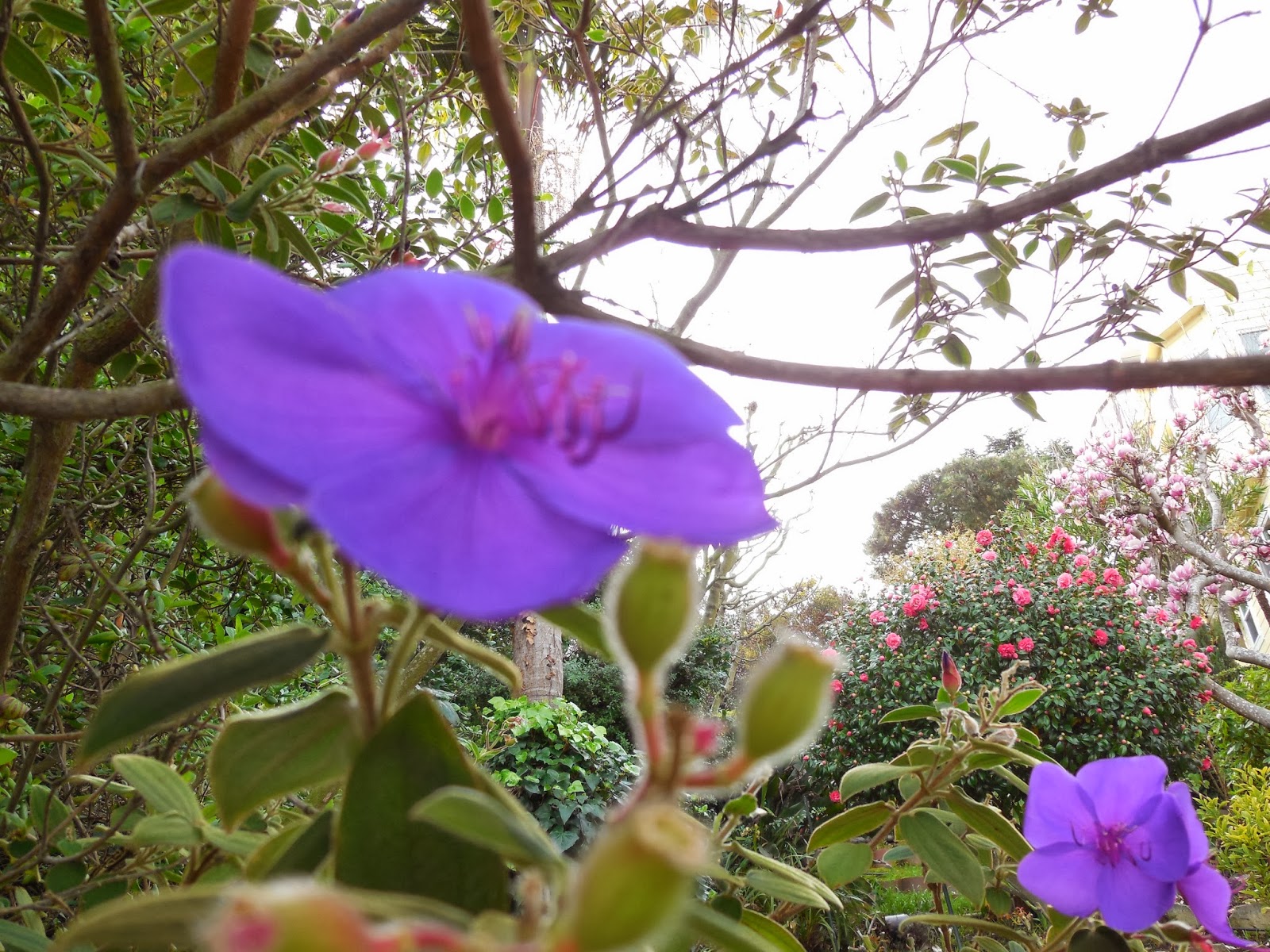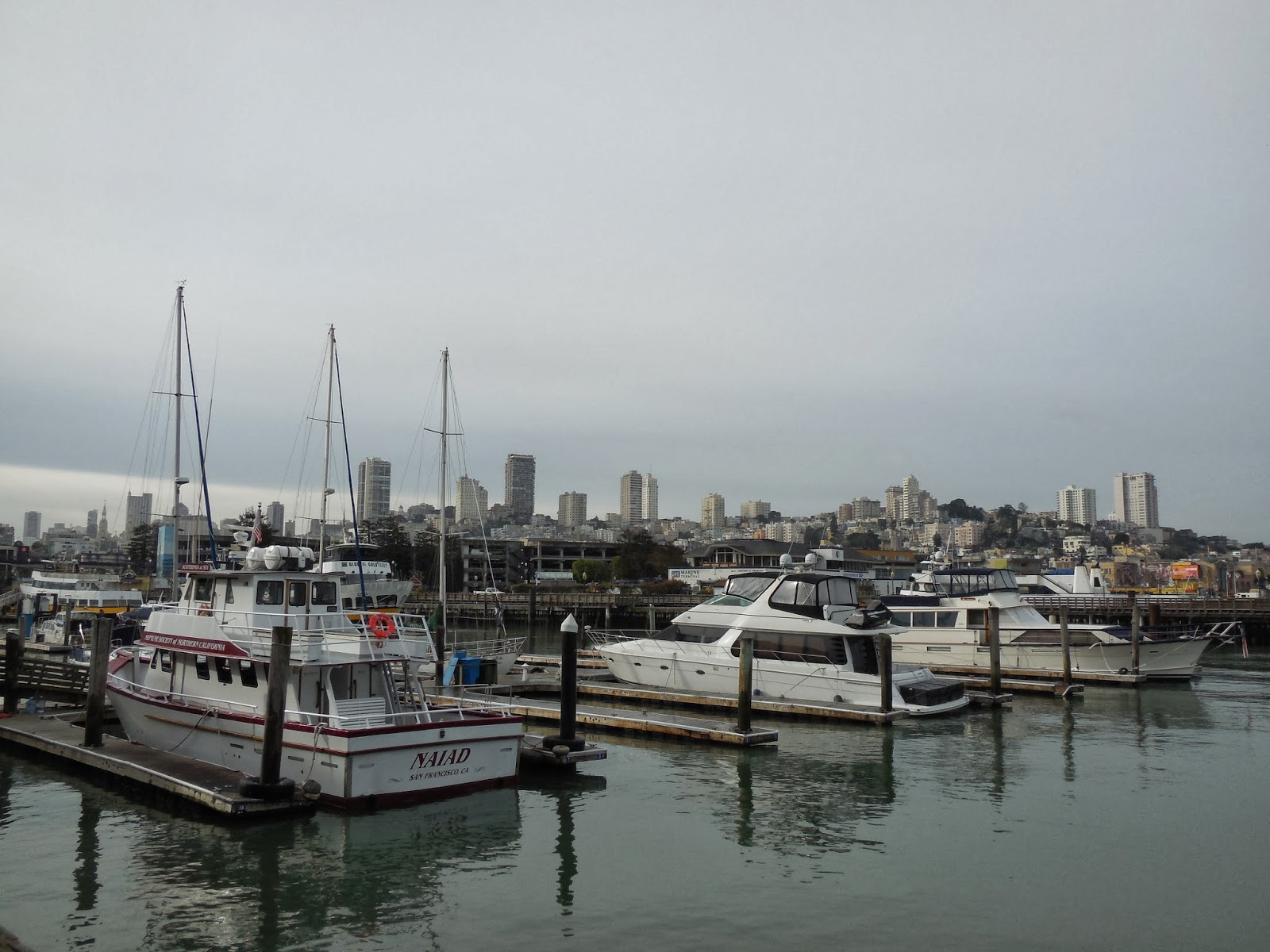i become twenty three.
a nice day; The Housemate fed me today (hooray birthday pancakes) and i went to an interesting lecture hosted by the Washington Theological Consortium in the evening. listened to a pretty interesting discussion including quotes from Karl Barth ("i am so uncomfortable with him," said the Catholic professor, to a roomfull of laughter), a bit of Koranic exegesis, and thoughts about whether or not our religious traditions give us an advantage with God. met some M.A. and PhD students from Catholic University and imagined other courses my life might have taken. or, i suppose: might take, still. every once in a while i think about the way Michael King looked at me, that last month at EMU, the way he said you should think about seminary. we'd love to have you back here.
--
The Housemate took me to City Lights Bookstore in San Francisco when we were there last week, and they have a whole room of poetry books. i got lost there a bit, trailing my fingers over the spines, not able to decide where to start. i managed to escape with only one book in my hands, which was lucky enough for my wallet, i suppose, although i can name a few titles i'm still coveting a week later. The Meridian by Paul Celan is one that comes quickly to mind.
the book i walked out with is Morning Poems by Robert Bly. the poem from that collection that i am currently sitting with (maybe a birthday poem; a new tradition):
He Wanted To Live His Life Over
What? You want to live your life over again?
"Well, I suppose, yes...That time in Grand Rapids.
My life - as I lived it - was a series of shynesses."
Being bolder - what good would that do?
"I'd open my door again. I've felt abashed,
You see. Now I'd go out and say, 'All right,
I'll go with you to Alaska.' Just opening the door
From inside would have altered me - a little.
I'm too shy..." And so, a bolder life
Is what you want? "We could begin now.
Just walk with me - down to the river.
I'll pretend this boat is my life ... I'll climb in."
i am thinking now of Christian Wiman saying that a poem ought to help you comprehend more of reality. this Robert Bly poem makes me feel like i can see my own bolder life, a path of choices stretching out in front of me that i might just manage to take...
if it wasn't so dratted cold outside i'd type out Mary Oliver's "The Summer Day," but it just seems cruel to be thinking about warm things after walking five blocks from the metro stop to the theology building.
"tell me," though, even on this cold day, "what is it you plan to do/with your one wild and precious life?"




































